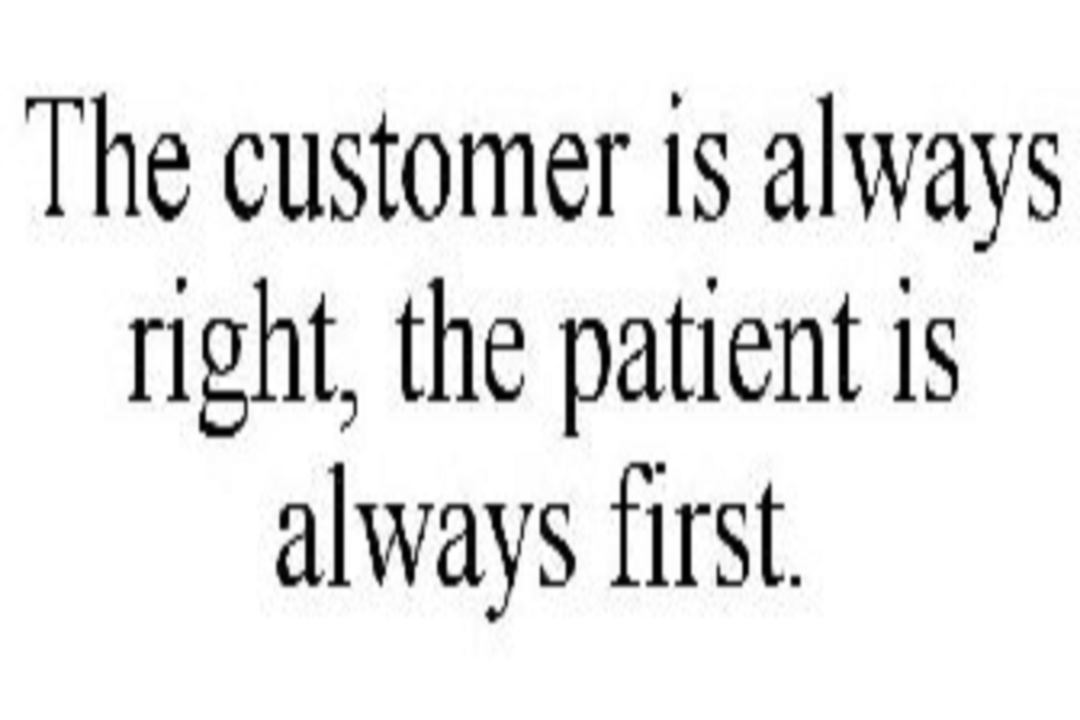There is something unique about yourself that the medical school admissions committee saw and granted you acceptance into medical school. Except you will never know if it was your application, grades, essays, your interview, how you dressed, how you carried yourself, what you said or didn’t say, maybe your reference letters, MCAT scores, your gender or your race/nationality. But you got accepted to medical school and about to embark on a journey that you will never forget. I have been out of medical school for 10 years and can remember almost every patient encounter during that time.
The first two years of medical school are the didactics. But once you get out of the classroom that’s when the patient interaction begins. This is why you go into medicine to help people, plain and simple. If there are any other motives that top this then you are in the wrong field. Some people fear patient interaction and if you do then there are some specialties that may suit you like radiology or maybe pathology. Very good and exciting fields with limited patient interaction. If you absolutely love to talk to patients then maybe family medicine may suit you. You will enjoy long term relationships with your patients.
Being a surgeon, most people think we only like being in the OR and despise clinic and talking with patients. That may be true for some. Back to the top about why you were accepted into medical school may remain a mystery but it is your job to find your strengths through medical school and residency. I found out that I really enjoy talking and more importantly listening to my patients. We go through medical school learning about diseases and pathology and sometimes forget that these are real individuals. They are real people with families, jobs, hobbies, and emotions. Your first patient encounters in medical school whether in the clinic or in the hospital can be frightening. It’s okay to be nervous. But remember patients sense that anxiety. Patients want to be comforted, feel safe, and have confidence in you and most importantly they want to know what’s going on with them. It is up to us to take all of our medical knowledge and explain it simply to them. Most patients are grateful if you take the time to explain clearly, without a bunch of big medical terms, what is going on with them.
These are my patient encounter tips for you:
Shake hands and look your patient in the eye when you introduce yourself. (With Covid nowadays, shaking hands may not be feasible)
Sit down do not stand up. (This makes your patient feel comfortable and allows them to open up to you. If you stand up during the visit they will think that they are rushed.)
Listen. (yes you have to ask those pertinent questions but take a moment to just listen. Everybody has a story to be told and wants somebody to hear them.)
Always examine the patient and ask their permission.
Explain to them what their diagnosis is or what you think it could be. Go over any imaging or labs with them. Communicate with them. Don’t leave them in the dark.
Lastly, if you don’t know the answers. Say you don’t know. That’s one of the hardest things about being a doctor is saying that you don’t know but follow that up with I will find out.
Hope this helps. Continue to work hard, study hard. Stay safe and healthy.
Sincerely,
Your Med Mentor

